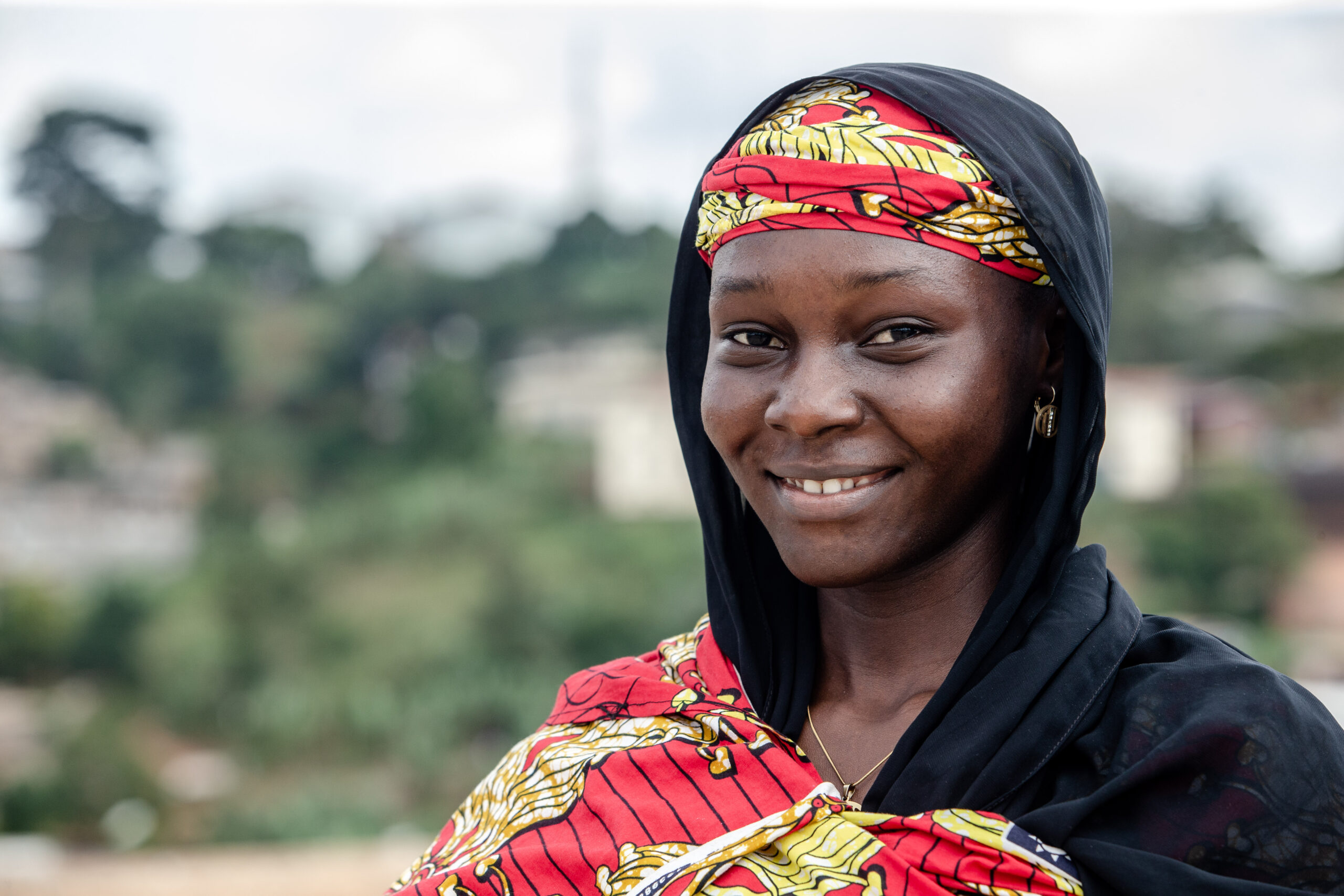Tech Incubator Accelerates Learning in Cameroon
Story

Two dozen students huddle at their computers, inputting and analyzing data with a savviness that would put the average person’s tech skills to shame.
Welcome to TechWomen Factory’s data science classroom in Cameroon.
The students here come from every corner of the country, with expertise that ranges from engineering to nutrition to pharmaceuticals. Yet they share a common frustration: they’re missing opportunities because they don’t have the right technical training. Women encounter particular resistance trying to enter Cameroon’s nascent IT sector—it is still seen as a male vocation.
TechWomen Factory is here to change that. First established in April 2021, the project is supported by Cuso International in partnership with the Cameroon Youth School Tech Incubator (CAYSTI), a pioneer in the design of educational programs and learning platforms for Cameroonian youth. TechWomen Factory is primarily aimed at assisting women 18–35 years old who are jobless or underemployed by adding a high level of digital competency to their existing credentials.
A year ago, before the program launched, Hadidja Moussa says she wasn’t feeling optimistic about her career prospects. Like the other young professionals in the classroom, she had earned a degree in another field but been unable to find a position.
“We had lost hope, but thanks to TechWomen Factory, we have discovered our talents and we hope to give the best of ourselves.” says Hadidja.
TechWomen Factory has three training streams: data science, digital art/graphics, and website design. It represents a unique opportunity to receive a high-quality digital education at no cost to the student.
A student named Insa Rennes explained, “In Cameroon, there are not a lot of schools that teach data science, and the schools that are currently training are very expensive. So, when this opportunity was presented to me and it was free, I seized it.”
It speaks to the value placed on the program that some participants here have one degree, or even two, but want to invest their energy in this training, aware of the future it could build for them.
The students are highly enthusiastic about what they’ve learned so far, eager to share the details of their individual projects. What jumps out immediately is not only the quality of the work, but its focus on community impact.
Habiba Samuel is working on an app that can analyze patient data to predict preeclampsia in pregnant women, while another student spoke about developing a database to better understand the nutritional composition of local foods to promote a healthy diet.
Once they finish their training, the students say they’re looking forward to securing work placements where they can apply their new skills. TechWomen Factory matches them with suitable positions and sets them up with access to mentorship and funding for their careers and businesses.
Hadidja, who also plays a role liaising between the learners and the administration, said she thinks the additional responsibility she’s taken on will help her secure a job with a company in the future.
“This program has allowed me to discover my hidden talent,” says Hadidja.